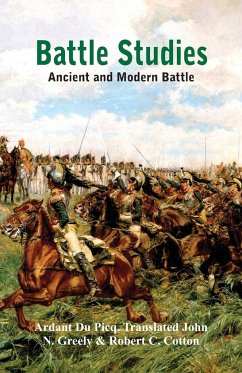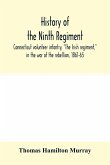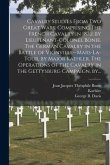""The soldier is unknown often to his closest companions. He loses them in the disorienting smoke and confusion of a battle which he is fighting, so to speak, on his own."" Although not much is known of his life, Colonel Ardant du Picq (1821 - 1870) 's small corpus of writings has earned him a place in the ranks of great military theorists. His Etudes sur les combat: Combat antique et moderne, often referred to by its common English title Battle Studies, was published in part in 1880 posthumously, and the complete text did not appear until 1902. Du Picq was the first military scientist to write extensively on the psychological aspect of war. He died prematurely in the early stages of the Franco-Prussian War but his unfinished text exerted a huge influence on future leaders, including French World War I lion Marshal Foch. From Du Picq's work Foch took that 'moral force' is the most important element in the strength of armies and the biggest influence on the outcome of battles. Du Picq's attempt to delineate empirical truths about warfare by a close analysis of battles was a sensation at the dawn of the 20th Century and continues to be read by military strategists and political philosophers today.
Hinweis: Dieser Artikel kann nur an eine deutsche Lieferadresse ausgeliefert werden.
Hinweis: Dieser Artikel kann nur an eine deutsche Lieferadresse ausgeliefert werden.









